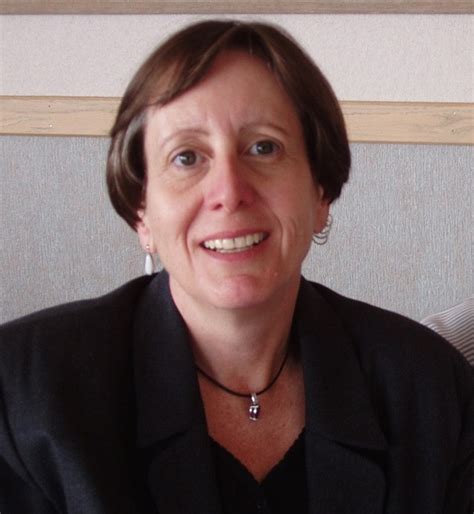A Quote by Nancy Lublin
Teens look at cause-related efforts with some scrutiny. They know they are often a target market, but it has to make sense to them.
Related Quotes
I do enjoy talking about how everything's changed and I'm fascinated by it, and I can spend my time worrying, like, "Are we going to appeal to teens?" But then, if I were to try to make a record for teens, I'd be doing exactly what I said I didn't want to do. That'd be posturing. And I'm watching other people trying to do that, and they all look stupid. But for some of them, it's working, so cash in.
The mistake managers often make is defining their industry too narrowly. Digital's market share in the minicomputer market stayed very robust even as it fell off the cliff. Disruption seems to come out of nowhere, but if you know what to look for, you can spot important developments well before the market does.
Those who write may think they know their target market. They may even feel they can shape the work to fit it. If this is true of you, you have more control over your creative process than I do. Even so, I humbly submit that you try letting your writing shape your target market instead and see what happens.
Often, some people dress something up to make it sound scientific, use scientific words, call themselves doctor something-or-other, and then you look them up, and they're trying to make it sound like something it's not. There's this entire field that's adding the word 'quantum' to everything. It doesn't even make sense in that context.
I suppose everyone continues to be interested in the quest for the self, but what you feel when you're older, I think, is that ... you really must make the self. It is absolutely useless to look for it, you won't find it, but it's possible in some sense to make it. I don't mean in the sense of making a mask, a Yeatsian mask. But you finally begin in some sense to make and choose the self you want.
You know, very often, if you look at the kinds of communications that they're getting in an ISIS recruiting video, the videos that, you know, that one hears of as radicalizing them, these are like action movies. And so in the sense, it's that by closing off the idea that young Muslims and particularly young Muslim men can be American heroes, it increases the chance that they'll try to be some other kind of hero. And that, I think, is entirely counterproductive.
From the very first inkling of a concept, founders need to gather a target group of five to ten potential users to begin the feedback loop. We all think we know how the market will react to new ideas, but actual users live with the pros and cons of the existing market conditions every day. They are the market experts.



































